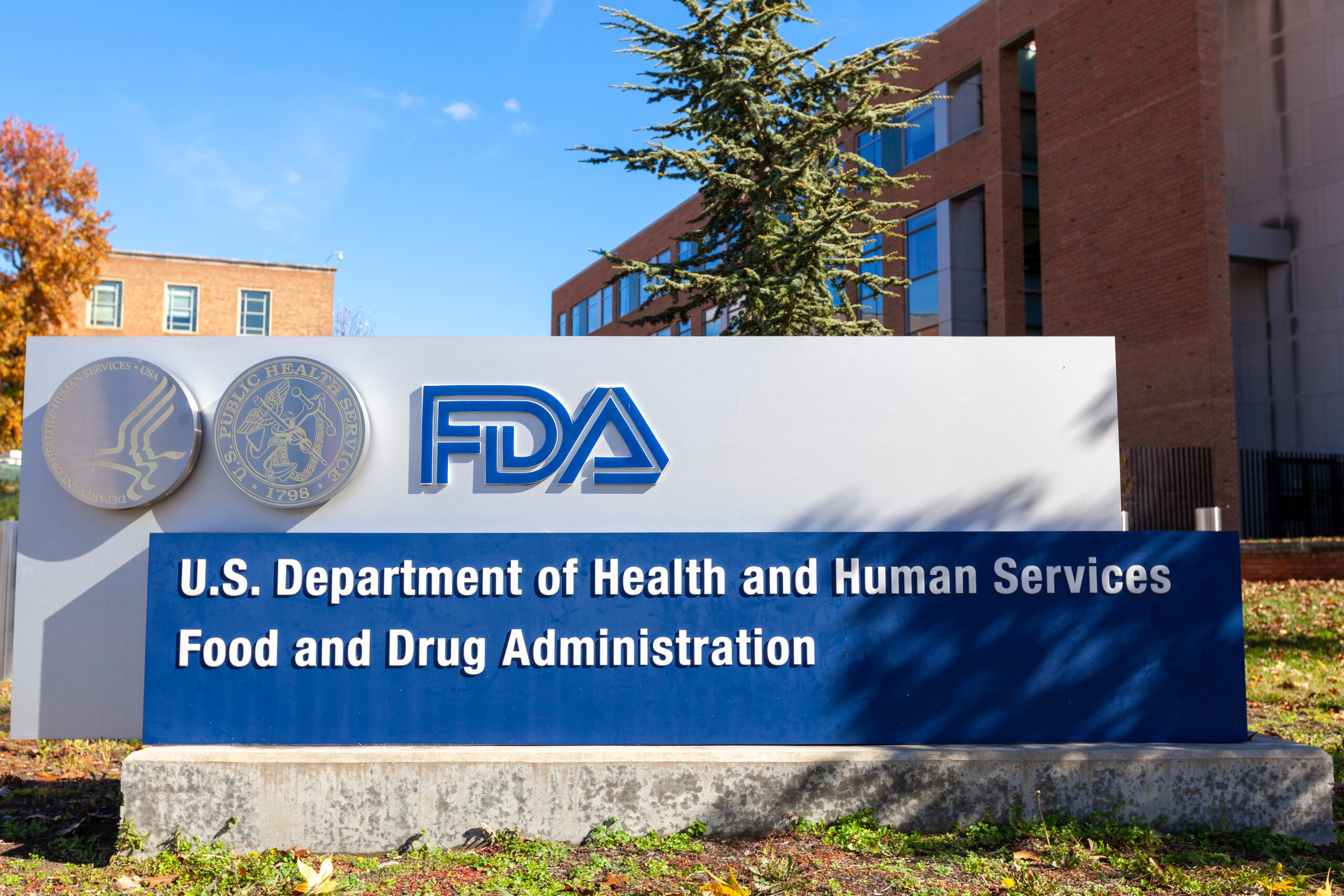Pfizer is facing a lawsuit for allegedly infringing on 40 patents for Roche’s Herceptin, a breast cancer drug which brought in $2.5 billion in revenue in 2016. New York City-based Pfizer has submitted an application to the FDA for its biosimilar version of Herceptin, but a federal court in Delaware could have the power to prevent the copycat from being launched if Roche wins the lawsuit.
According to Roche, its Genentech biologics arm spent “over two decades, and billions of dollars, developing Herceptin into the life-saving drug it is today.” They claim that Pfizer is using results from Roche’s safety and efficacy trials for Herceptin to bolster the evidence behind the biosimilar.
Some patents for Herceptin are set to expire in 2019, prompting Roche to take legal action to delay any biosimilar competitor products from entering the market. The FDA has yet to make a decision on Pfizer’s biosimilar, as the regulator only accepted its application for the drug in August.
“We’re committed to making this important treatment option available to physicians and patients,” commented a Pfizer spokesman. He went on to say that the company “will respond in court at the appropriate time.”
But Pfizer’s as-yet unnamed Herceptin biosimilar will face a long road ahead, even if it’s approved by regulators. Despite the hype surrounding biosimilars and their potential to offer lower-cost alternatives to pricey biologics, the few biosimilars that have already been approved by the FDA have seen slow uptake among physicians, payers and patients.












Join or login to leave a comment
JOIN LOGIN